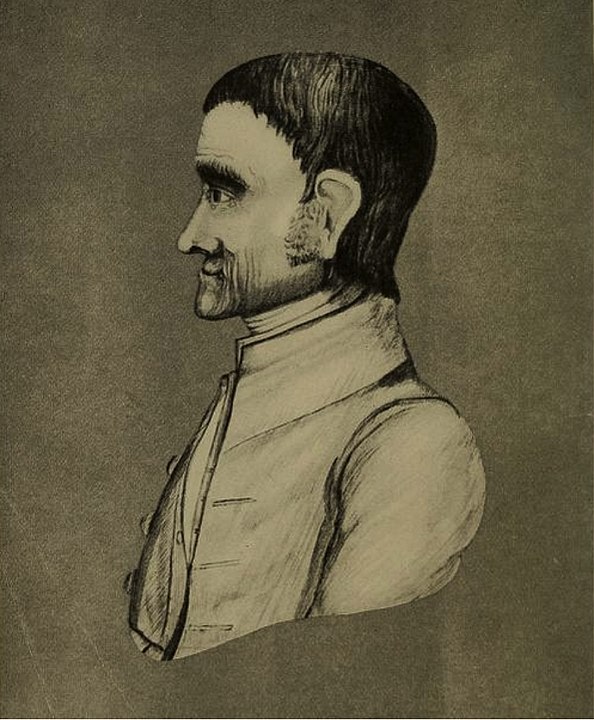
John Woolman
Born: October 19, 1720
Died: October 7, 1772
Miss Manners would definitely not approve of John Woolman. A frequent dinner guest in the homes of his fellow Quakers, Woolman wasted little time on those safe niceties of dinner conversation like the weather, the food, and how ‘bout those Cubbies. He went right to the two big no-no’s, religion and politics. And in the 18th century, that meant the most taboo subject of all—slavery.
Now, Woolman was not a self-appointed scold who would send you hiding behind your curtains if you saw him striding up your front walk.
A somewhat shy man, he was born in 1720, when many colonists—and also many Quakers—owned enslaved people. Woolman found that the issue of slavery would simply not leave him alone. As a young apprentice tailor, his boss asked him to write out a bill of sale for an enslaved person he was selling. Woolman complied, but with an uneasy conscience. When asked again later, he refused.
When he later opened his own shop, Woolman risked losing customers by refusing to do any paperwork—wills, for example—that involved transferring ownership of enslaved people. His tailoring business boomed nevertheless, but the young man regarded this as a very mixed blessing. “The Increase of Business became my Burthen,” he wrote in his journal. Fearing that too much success would interfere with the simple life he had chosen, Woolman sent away many of his customers and cut back his merchandise.
Curtailing his business left him free to become a traveling preacher, visiting Quaker meetings throughout the colonies and speaking out about what quickly became his favorite topic: slavery. On these journeys, he stayed with fellow Quakers, preferably those who owned enslaved people. One family at a time, he argued the case against slavery.
Woolman wrote of the “hard Labour” of speaking his mind on these occasions, admitting that often the kindness of his hosts tempted him to keep silent on the subject he felt God had called him to raise. But raise it he did. He told his fellow Quakers why he thought they would be happier—and better off spiritually—if they worked for a living instead of living off the work of enslaved people.
What Woolman saw of slavery on his journeys opened his eyes and toughened his convictions. Troubled about staying in houses supported by slave labor, he committed another breach of etiquette by paying for board—giving the money directly to the enslaved people when he could.
When he found that the dye industry depended on enslaved people, he decided to wear only undyed clothing, creating a stir by his odd appearance.
Ten years after his death in 1772, the Quakers’ Yearly Meeting urged members to free enslaved people and pay them for their work; by 1784, Quakers who owned enslaved people were disowned by the Society of Friends. Just goes to show what you can do—one dinner table at a time.
Originally published in the September 1992 issue of Salt magazine, ©Claretian Publications.
Image: Probably Robert Smith III, The Journal and Essays of John Woolman (1922), first few pages, Public Domain, via Wikimedia Commons






